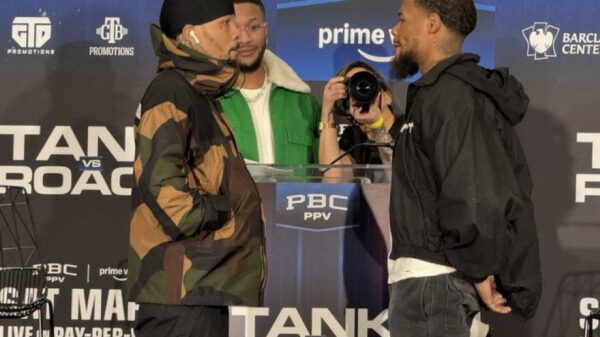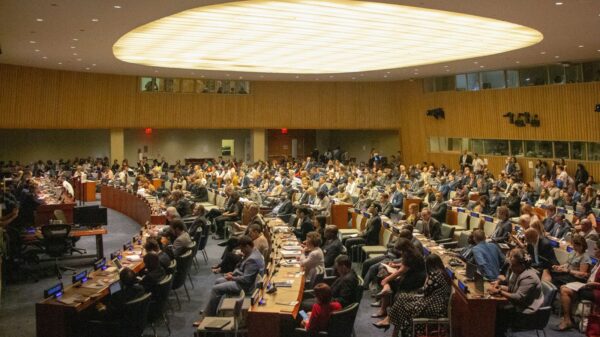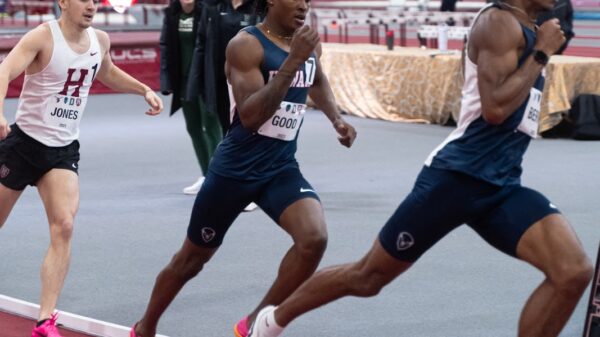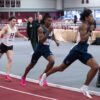
A new rule by the National Collegiate Athletic Association (NCAA) agreed to a settlement that allows Power Five schools to pay their athletes directly, with a revenue-sharing plan that allows each school to disburse up to $20 million per year with its student-athletes. This agreement, made in May 2024, could have a significant impact on HBCU athletics.
The talent pool from which HBCUs can recruit and maintain outstanding athletes may lessen due to the additional financial incentives that bigger and wealthier universities can provide. This issue is part of a much larger trend focused on higher compensation and student-athlete rights.
The proposed change is a response to the rapidly growing pressure upon the NCAA to alter its policy and maintain its relevance in light of the changing landscape of college sports. Under the new rule, schools in the five largest conferences—the SEC, Big Ten, the ACC, the Pac-12 and the Big 12—can directly finance athletic activities outside of scholarship money.
Antoine Spencer is a track and field athlete at Purdue University who recently transferred from Hampton University after experiencing the new financial incentives firsthand.
“We want to make sure you have as much money in your pocket as possible when you graduate from Purdue,” Spencer recalls being told by the Purdue recruitment staff.
“Just because it’s college doesn’t mean it’s not a job,” Spencer said. “Who wouldn’t want to be on TV? Who wouldn’t want the latest and greatest gear? It’s convenient.”
Olivia Woodson is a soccer player at Auburn University. While her mother encouraged her to consider attending Howard University, she went to Auburn instead.
Woodson is all for the rule.
“You’re getting paid what you’re putting in,” she said. “You can see how athletes are starting to realize their value to their respective school athletic departments.”
Along with the existing funding differences, the rule change may further widen the financial disparities between Power 5 schools and HBCUs, thereby impacting their ability to attract and hold on to top-tier talent. On the other hand, the HBCUs offer a cultural and educational experience that appeals to many athletes.
Now, student-athletes will have to learn to adjust to the challenge of competing, where financial inducements play a much more significant role.
Mariah Pearson, a strength and conditioning graduate assistant at Tarleton State University, has experienced the differences between HBCU athletics and those of a Power 5.
A former intern at North Carolina A&T and the University of Miami, Pearson said, “The money is a huge factor. It’s all about the resources.”
Pearson also highlighted why athletes looking to maximize their capabilities might opt for the most well-funded institution. She said that the ability to use more technology is essential when improving an athlete’s capabilities. However, she also acknowledged the unique strengths of HBCUs in recruiting, saying they excel at “helping you feel at home.”
On a broader scale, this NCAA ruling is a step towards further empowering and compensating athletes. However, as the college athletic environment continues changing, HBCUs will need to leverage their unique strengths and explore new strategies to remain competitive in recruiting and supporting athletes.
Copy edited by Jalyn Lovelady













